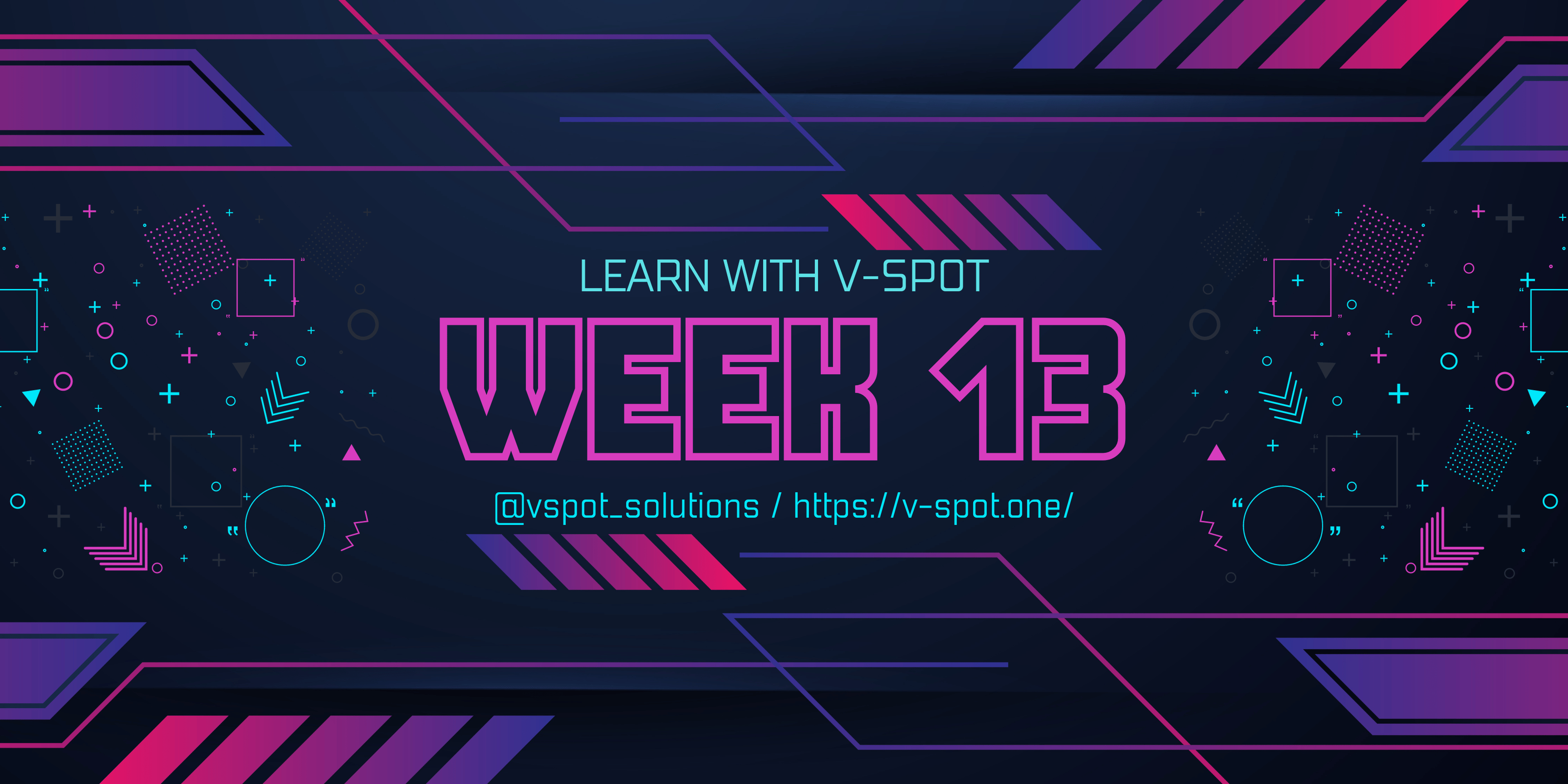Privilege Escalation on the web is a critical security concern where an attacker gains elevated access beyond their original permissions. This can lead to unauthorized access to sensitive data and system features. Let’s dive into some common methods and examples:
-
Vertical Privilege Escalation: Vertical escalation involves gaining higher-level privileges, often from a standard user to an administrator.Example:
- Attack Scenario: A web application allows an admin to edit user profiles. An attacker intercepts their own profile update request in Burp Suite and modifies the ‘role’ parameter from ‘user’ to ‘admin’.
- Request:makefile
POST /updateProfile HTTP/1.1 Host: vulnerable-app.com ... userId=123&role=user&email=attacker@example.com
Modified Request:
POST /updateProfile HTTP/1.1 Host: vulnerable-app.com ... userId=123&role=admin&email=attacker@example.com
Server Response:
HTTP/1.1 200 OK ... {"message":"Profile updated successfully."}After this, the attacker has admin privileges.
Horizontal Privilege Escalation: This involves accessing or modifying other users’ data at the same privilege level.
Example:
- Attack Scenario: A user can view their order details by sending their order ID. However, the application doesn’t properly verify if the order belongs to the requesting user.
- Request:vbnet
GET /orderDetails?orderId=1001 HTTP/1.1 Host: vulnerable-app.com
Attacker’s Request:
GET /orderDetails?orderId=1002 HTTP/1.1 Host: vulnerable-app.com
Server Response:
HTTP/1.1 200 OK ... {"orderDetails":"...","user":"anotherUser"}
The attacker accesses another user’s order details.
Insecure Direct Object References (IDOR): Occurs when an application exposes a reference to an internal implementation object.
Example:
- Attack Scenario: A document management system allows users to download files by changing the ‘fileId’ parameter.
- Request:
GET /download?fileId=doc123 HTTP/1.1 Host: vulnerable-app.com
Attacker’s Modified Request:
GET /download?fileId=confidential_doc456 HTTP/1.1 Host: vulnerable-app.com
Server Response:
HTTP/1.1 200 OK
Content-Disposition: attachment; filename="confidential_doc456.pdf"
The attacker gains access to a confidential file.
-
Exploiting Weak Session Management: Gaining privileges by hijacking or manipulating session tokens.Example:
- Attack Scenario: An application’s session tokens are predictable or don’t change after a user’s privilege level changes.
- Attack Steps: An attacker logs in, predicts or captures another user’s session token, and gains access to their account.
Prevention:
- Ensure robust role management and access controls.
- Always validate and sanitize inputs.
- Implement proper session management, including secure, unpredictable tokens and proper session expiration.
- Regularly audit your system for such vulnerabilities.
Remember, understanding how privilege escalation works is key to defending against it. Stay vigilant and keep your applications secure!


Leave a Reply